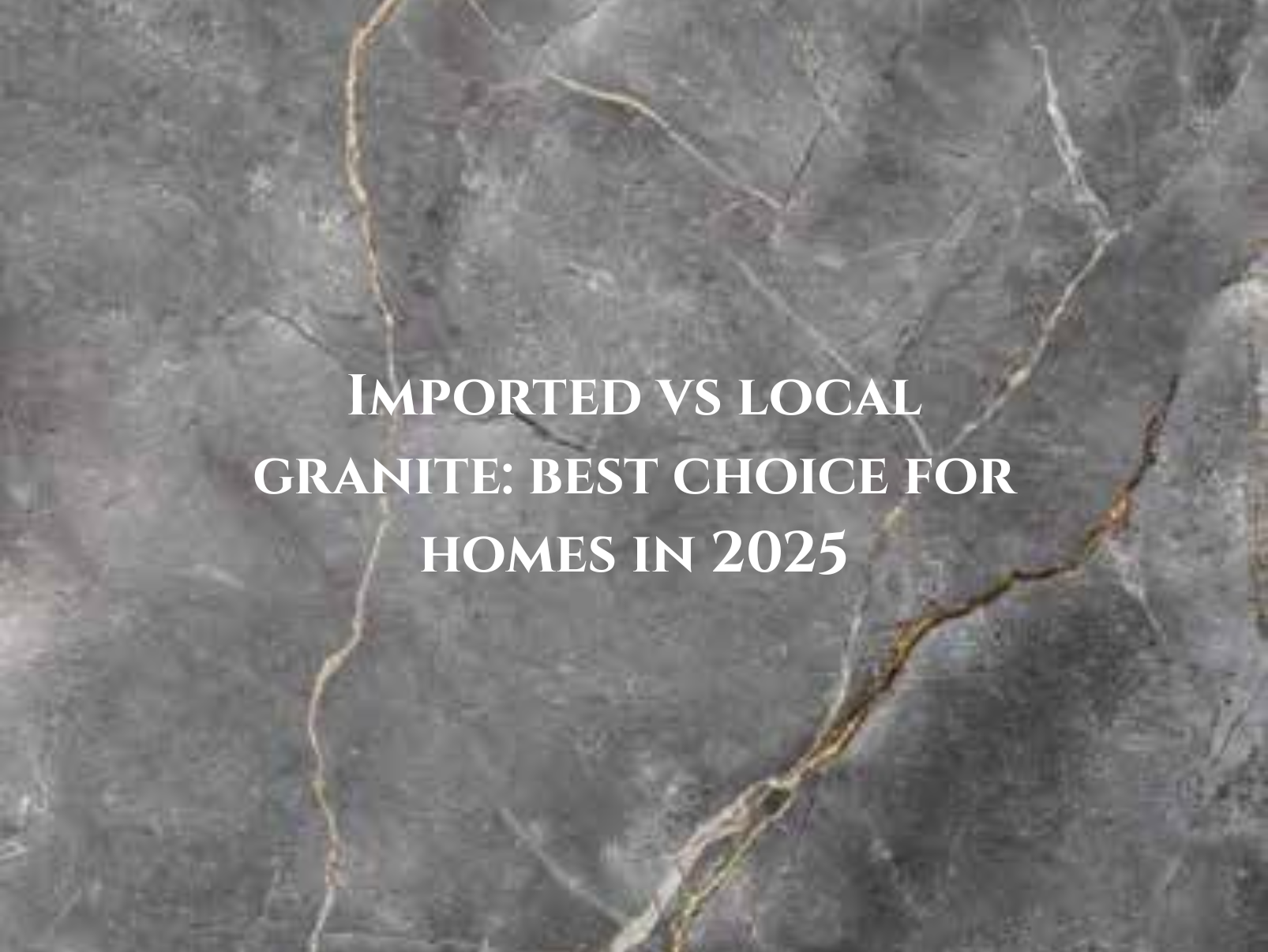1. What types of granite products does Poddar Granites offer?
Poddar Granites provides a diverse range of premium granite slabs and tiles in various colors, patterns, and finishes. Whether for kitchen countertops, flooring, or wall cladding, their high-quality natural stone products cater to both residential and commercial needs.
2. How durable are granite countertops?
Granite countertops are highly durable, scratch-resistant, and heat-resistant, making them an excellent choice for kitchens and bathrooms. With proper care and sealing, they can last a lifetime without losing their elegance.
3. What maintenance is required for granite surfaces?
To maintain granite countertops and flooring, clean them with a mild detergent and water, avoid abrasive cleaners, and reseal the surface periodically to prevent stains and damage.
4. Are granite countertops resistant to stains?
Yes, granite is naturally resistant to stains, but unsealed surfaces can absorb liquids over time. Using a high-quality granite sealer ensures long-term protection against spills and stains.
5. Does granite require sealing?
Yes, sealing is recommended to protect the surface from moisture, stains, and etching. Depending on the granite type and usage, sealing should be done every 1 to 5 years.
6. Can I cut directly on granite countertops?
While granite is extremely hard and scratch-resistant, using a cutting board is advised to protect both your knives and the stone surface from potential damage.
7. Are there color variations in granite slabs?
Yes, granite is a natural stone, so each slab has unique patterns and color variations. It’s best to select your slab in person to ensure it matches your design expectations.
8. How does granite compare to quartz countertops?
Granite is a 100% natural stone, offering unique patterns and high heat resistance, while quartz is an engineered stone with a more uniform appearance and lower maintenance. Your choice depends on your style and maintenance preferences.
9. Can granite countertops handle heat?
Yes, granite is heat-resistant and can withstand hot pans and cookware. However, using trivets or heat pads is recommended to protect the sealant and maintain the surface.
10. What should I avoid placing on granite countertops?
Avoid placing acidic substances like lemon, vinegar, or harsh chemicals directly on granite, as they can cause etching. Always use coasters, trivets, and cutting boards for added protection.


